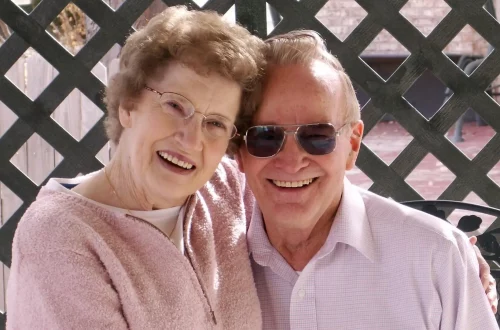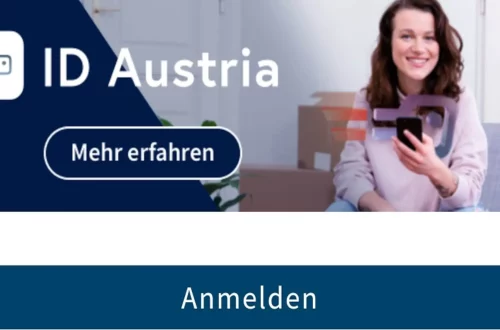
Drunk Driving in Austria
Drunk driving is a serious hazard on the roads, as alcohol significantly impairs reaction time and driving abilities. In Austria, strict legal regulations protect road safety, which include not only fines but also license suspension and mandatory retraining. This article provides a detailed overview of the legal consequences and official procedures for drunk driving.
According to the law in Austria, the permitted blood alcohol level is less than 0.5 per mille. Drivers with probationary licenses, as well as truck and bus drivers, are subject to even stricter rules: for them, the limit is only 0.1 per mille.
Attention! This article is written for informational purposes only, and current regulations and laws may change continuously!
Legal Consequences of Drunk Driving
Blood alcohol level 0.5 – 0.79 per mille:
- If the blood alcohol level is between 0.5 and 0.79 per mille, the fine amount can range between 300 and 3,700 euros.
- For the first offense, the driver’s license remains, but the driver receives a warning that is entered into the record.
- In case of repeated violation, a psychological follow-up training is ordered, which costs at least 200 euros.
- At the third violation or in case of other serious offenses, the driver’s license is suspended for at least three months.
Blood Alcohol Level 0.8 – 1.19 per Mille:
- If the blood alcohol level exceeds 0.8 per mille, the fine is a minimum of 800 euros, with a maximum amount of 3,700 euros.
- For the first offense, the driver’s license is suspended for one month, and in repeated cases, for at least three months.
- Additionally, participation in a road safety course is mandatory, which costs approximately 100 euros.
Blood Alcohol Level 1.2 – 1.59 per Mille:
- For blood alcohol levels above 1.2 per mille, the fine ranges between 1,200 and 4,400 euros, and the driver’s license will be suspended for at least four months.
- Additionally, mandatory follow-up training must be attended, which incurs additional costs.
Blood alcohol level above 1.6 per mille:
- If the blood alcohol level exceeds 1.6‰, the fine ranges between €1,600 and €5,900, and the driver’s license is revoked for at least six months.
- In addition, the driver must attend a mandatory retraining course, which costs approximately €500.
- They must also undergo a medical examination and a traffic psychology assessment, which cost an additional €363.
- Ask ChatGPT
Testing for Alcohol Influence
Preliminary tests are not certified, so a positive result does not carry immediate legal consequences. Such tests quickly determine whether further investigation is needed due to their speed. However, a test conducted with a certified breathalyzer can have legal consequences.
The police can conduct an alcohol test at any time, even without suspicion. The test can be requested even hours after driving. They can even check pedestrians if they suspect they have caused an accident.
Refusing an alcohol breath test carries serious consequences. The competent authorities will then use the highest alcohol level, which is considered to be above 1.6 per mille, and accordingly fine the driver and also suspend their driver’s license.
If a breathalyzer test cannot be performed for medical reasons (for example, due to asthma), then a blood test will be ordered. Refusing this has the same consequences as refusing a breathalyzer test.
Summary of Drunk Driving Penalties in Austria
- 0.5 – 0.79‰: Fine €300–€3,700 – No license suspension for first offense, at least 3 months if repeated – Course: for repeat offenders, min. €200 – No medical/psych eval
- 0.8 – 1.19‰: Fine €800–€3,700 – 1-month suspension for first offense, at least 3 months if repeated – Course: €100 – No medical/psych eval
- 1.2 – 1.59‰: Fine €1,200–€4,400 – License suspension of at least 4 months – Mandatory course – No medical/psych eval
- 1.6‰ and above: Fine €1,600–€5,900 – License suspension of at least 6 months – Course approx. €500 – Medical and psychological evaluation: €363
This table clearly illustrates how the penalties, driver’s license suspension duration, and number of mandatory follow-up trainings increase in proportion to the rising blood alcohol level.




